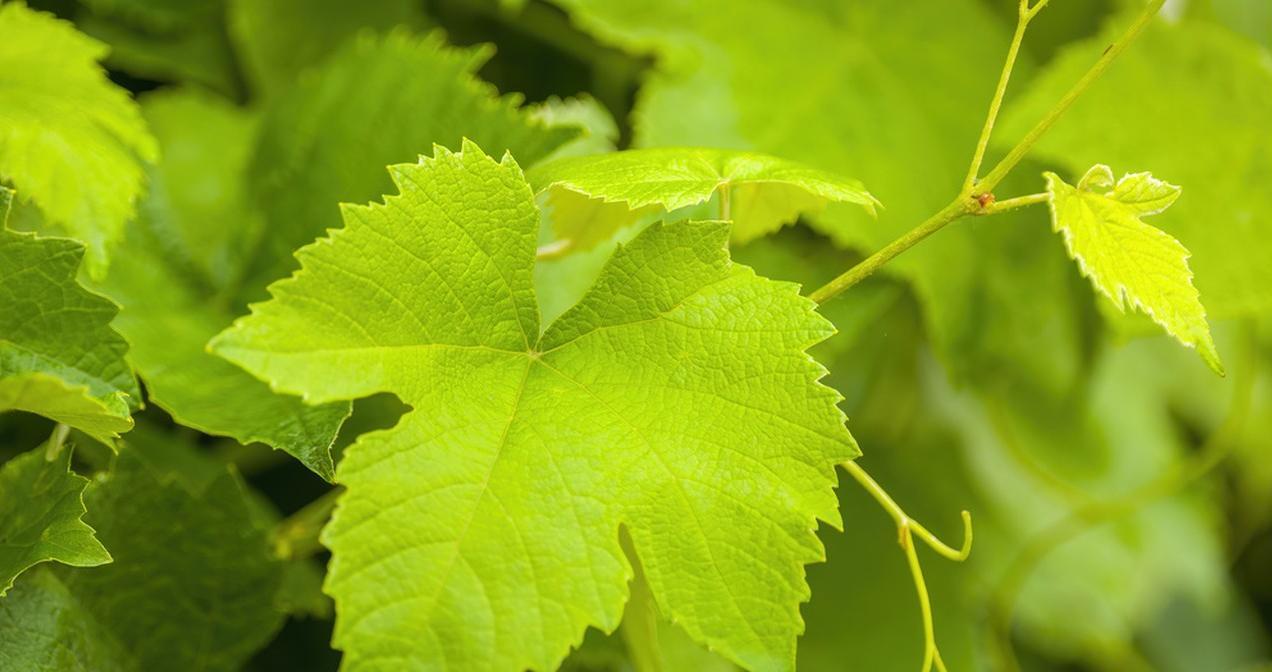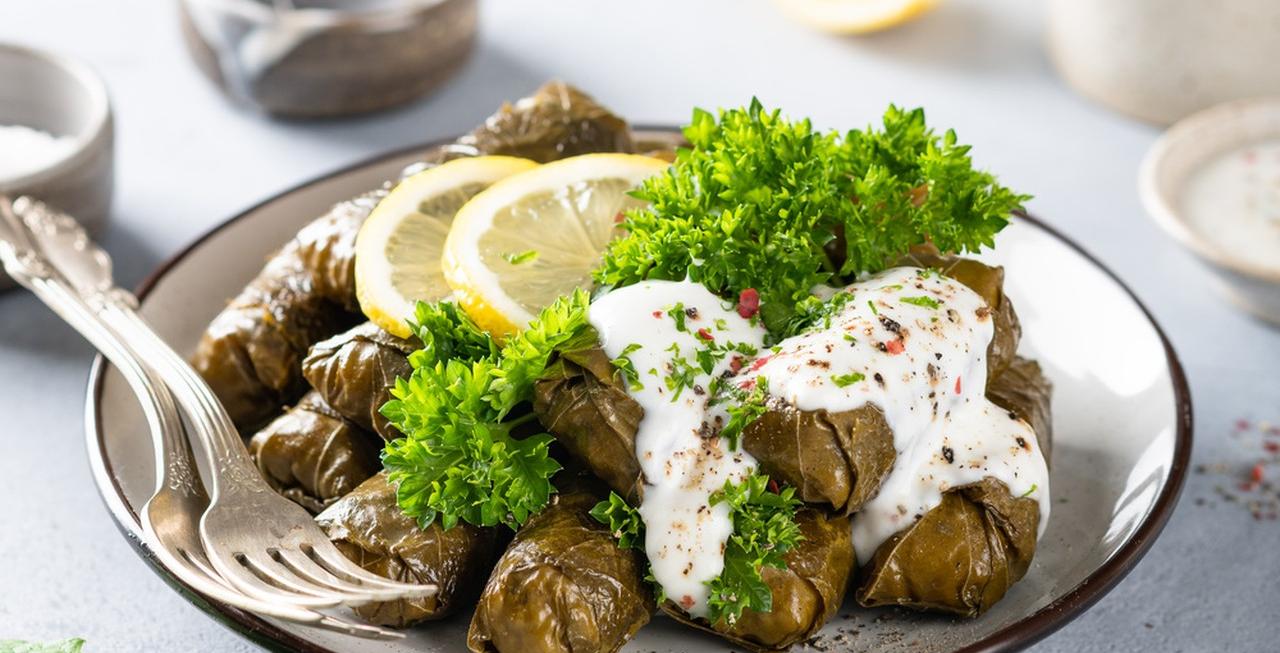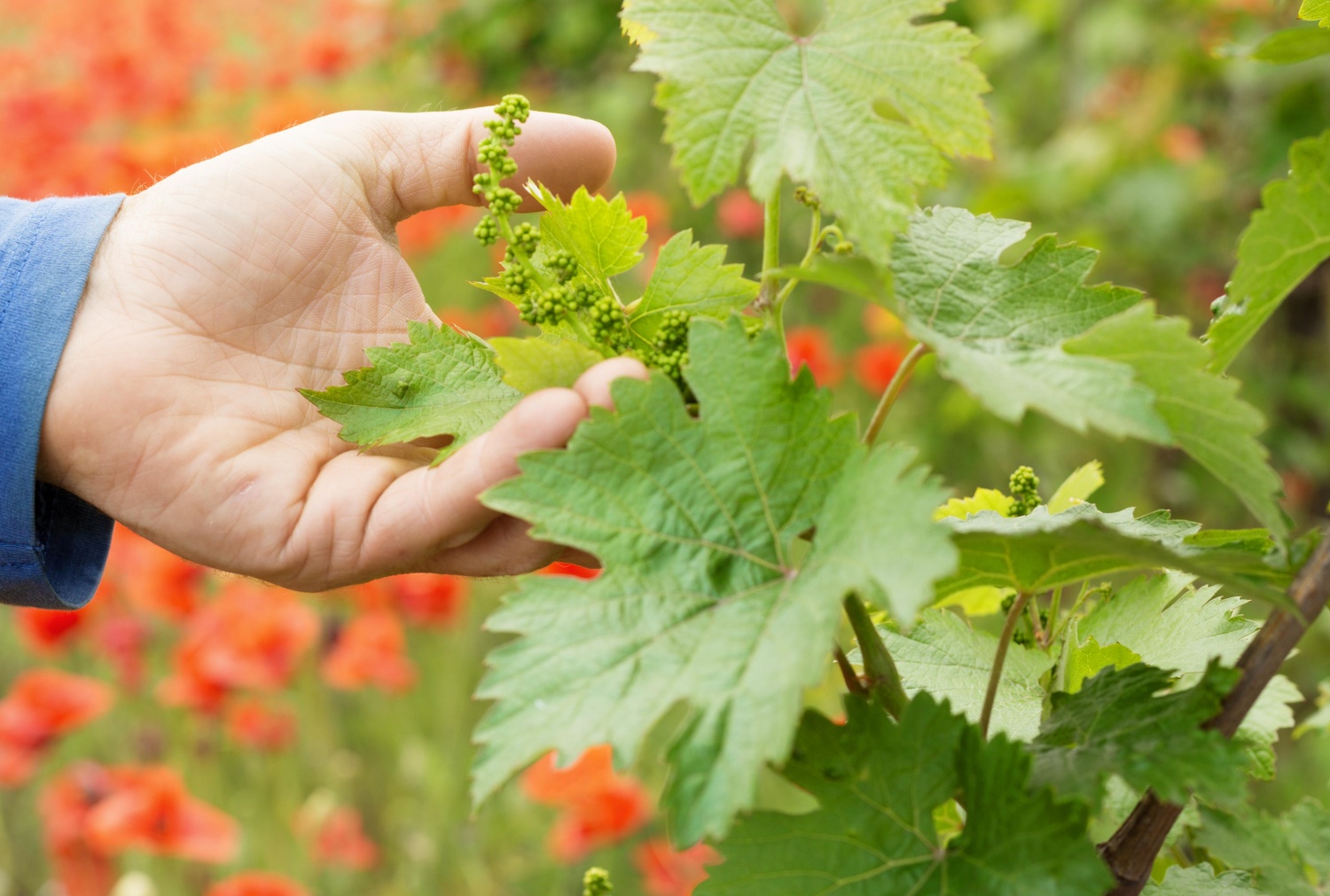Grape Leaves Nutritional Benefits
Grape Leaves Nutritional Benefits: A Middle Eastern Superfood
In the Middle East, grape leaves are more than just a wrapping for delicious dolma—they are a nutritional powerhouse deeply rooted in our culinary and medicinal traditions. From the shores of Lebanon to the markets of Istanbul, grape leaves have been cherished for centuries, not only for their delicate flavor but also for their incredible health benefits.
Why Grape Leaves Are a Middle Eastern Staple
Across the Arab world, Turkey, and the Mediterranean, grape leaves (known as warq enab in Arabic or yaprak in Turkish) are a symbol of hospitality and tradition. But beyond their cultural significance, they offer a wealth of nutrients that make them a true superfood.

1. Rich in Bone-Strengthening Vitamin K
Grape leaves are exceptionally high in Vitamin K, which plays a crucial role in:
✔ Blood clotting – Important for wound healing
✔ Bone health – Helps prevent osteoporosis, a common concern in Middle Eastern diets low in dairy
✔ Heart protection – Supports cardiovascular function
Fun Fact: Just 5-6 grape leaves provide nearly 100% of your daily Vitamin K needs!
2. Packed with Antioxidants for Longevity
Middle Eastern cuisine is famous for its use of olive oil, herbs, and spices—all rich in antioxidants. But did you know grape leaves are just as powerful? They contain:
Resveratrol (also found in red wine) → Fights inflammation
Flavonoids → Protect against chronic diseases
Vitamin C & E → Slow down aging and boost immunity
3. Natural Digestive Aid
Thanks to their high fiber content, grape leaves help:
✔ Regulate digestion – Preventing bloating and constipation
✔ Support gut health – Acting as a natural probiotic
✔ Balance blood sugar – Making them ideal for diabetics
Traditional Remedy: In some Middle Eastern villages, boiled grape leaf tea is used to soothe upset stomachs.
4. Low-Calorie, High-Nutrient Food for Weight Management
For those watching their weight (especially after indulging in kunafa or baklava), grape leaves are a perfect choice because:
✅ Only 15-20 calories per leaf
✅ Almost zero fat
✅ Keeps you full longer
5. Iron & Calcium for Stronger Health
Many Middle Eastern women suffer from iron deficiency (anemia). Grape leaves provide:
Iron → Boosts energy and prevents fatigue
Calcium → Strengthens bones (great for those who don’t consume much dairy)
How to Enjoy Grape Leaves for Maximum Benefits

1. Classic Stuffed Grape Leaves (Dolma/Waraq Enab)
The most famous preparation—stuffed with rice, herbs, and sometimes meat. Tip: Use olive oil instead of butter for a heart-healthy version.
2. Grape Leaf Salad
Chop blanched grape leaves and mix with:
·Chopped tomatoes
·Cucumbers
·Parsley
·Lemon juice & olive oil
3. Grilled Grape Leaves
Brush with olive oil, sprinkle with za’atar, and lightly grill for a smoky appetizer.
4. Grape Leaf Tea
Steep dried grape leaves in hot water with mint for a soothing drink.
Choosing the Best Grape Leaves

To get the most nutritional benefits:
✔ Fresh leaves should be bright green & tender (spring harvest is best)
✔ Jarred leaves should be in brine (not too salty)
✔ Avoid yellow or brittle leaves
Final Thoughts: A Gift from Nature
Grape leaves are a testament to the wisdom of Middle Eastern culinary traditions—delicious, nutritious, and versatile. Whether you enjoy them in dolma, salads, or even tea, they offer a natural way to boost your health.
Next time you eat grape leaves, remember—you’re not just tasting food, you’re savoring centuries of tradition and wellness!
Did You Know? In some Bedouin tribes, grape leaves were used as a natural bandage for minor cuts due to their antibacterial properties!
